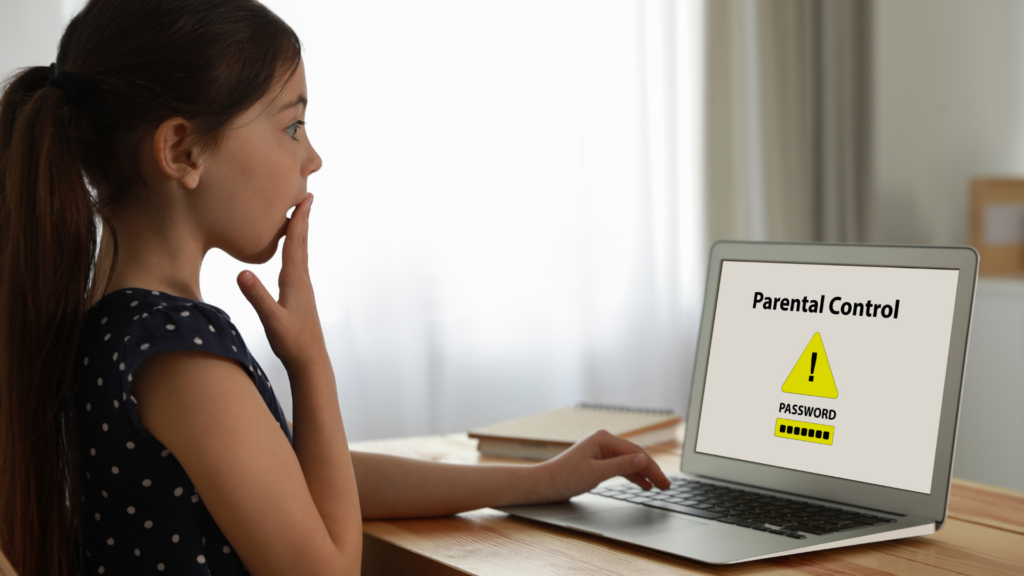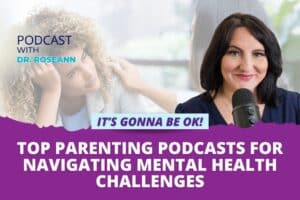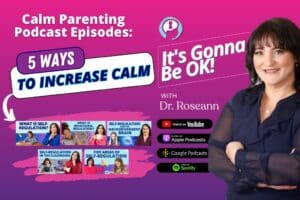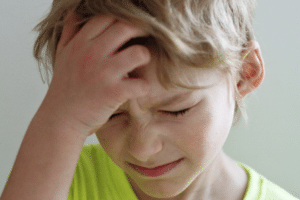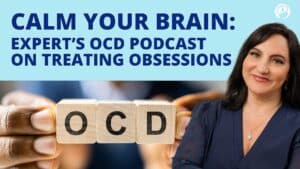Scrupulosity OCD, or Religious OCD, is a subtype of Obsessive Compulsive Disorder characterized by persistent and distressing thoughts related to morality and religious beliefs (Greenberg & Huppert, 2010).
Individuals with this mental health condition experience intense anxiety over fears of committing immoral or sinful acts, leading to compulsive rituals or mental acts aimed at preventing harm associated with these obsessions.
Common themes include concerns about blasphemy or violating moral principles. It is crucial to recognize that those with Scrupulosity OCD are not intentionally engaging in these thoughts or behaviors. Seeking professional help, such as therapy and, in some cases, medication, is crucial for managing and alleviating the impact of Scrupulosity OCD on one's life.
Distinctive Features of Scrupulosity OCD
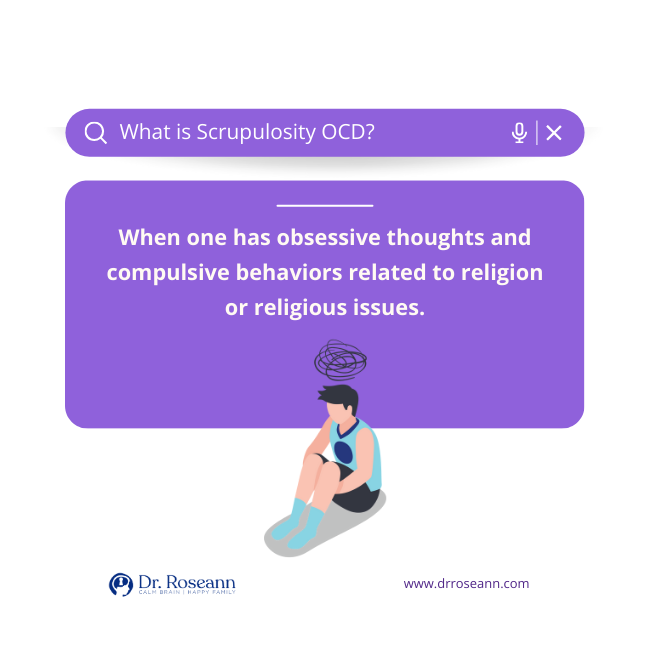
The distinctive features of Scrupulosity OCD revolve around obsessive thoughts and compulsive behaviors related to religion or religious issues, setting it apart as a unique form of OCD. Individuals experiencing Scrupulosity OCD grapple with obsessive thoughts that focus on fears of committing religious or moral wrongdoings.
The fear of committing religious sins becomes a pervasive concern and leads to heightened anxiety and persistent inner turmoil. These OCD sufferers may engage in compulsive behaviors such as excessive prayer, rituals, or seeking reassurance from religious figures.
It is essential to recognize that Scrupulosity OCD is distinct from other forms of OCD, as it centers on specific obsessions and compulsions related to moral issues. Acceptance and Commitment Therapy (ACT) may be incorporated into treatment with a focus on accepting these thoughts without letting them control behavior (Bluett et al., 2014).
Seeking guidance from a mental health professional, perhaps in consultation with a religious leader if desired, is crucial for effective management and overcoming the challenges associated with Scrupulosity OCD. Always remember that Selective Serotonin Reuptake Inhibitors or other medications should never be the first line of treatment for children with OCD.
The most effective treatment for Scrupulosity OCD often involves cognitive-behavioral therapy (CBT), specifically Exposure and Response Prevention (ERP), which targets breaking the cycle of obsessive thoughts and compulsive behaviors (Lindsay et al., 1997).
In the context of religious scrupulosity, the goal of ERP may involve gradual exposure to situations that trigger anxiety related to religious practices, followed by refraining from engaging in compulsive behaviors. Treatment planning for Scrupulosity OCD takes into account the delicate balance of addressing religious obsessions while promoting mental health and well-being.
Scrupulous OCD Symptoms
- Intrusive Thoughts: Persistent fears of committing religious sins or moral transgressions, causing distress and anxiety.
- Compulsive Behaviors: Rituals related to spiritual practices, such as repetitive prayers, specific routines, or other behaviors aimed at preventing perceived moral wrongdoing.
- Constant Reassurance Seeking: The need for ongoing validation from religious figures or loved ones to alleviate fears and anxiety.
- Avoidance: Steering clear of situations that trigger anxiety related to religious or moral concerns, impacting daily life and activities.
- Impact on Daily Life: Interference with religious practices, strained interpersonal relationships, and challenges in academic or occupational settings due to preoccupation with moral or religious concerns.
- Cognitive Distortions: Distorted thought patterns, including black-and-white thinking and catastrophizing, contribute to the manifestation and perpetuation of symptoms.
- Avoidance of Triggers: Steering clear of situations, people, or activities that may trigger anxiety related to religious or moral themes, limiting engagement in daily life.
Manifestations of Scrupulous OCD
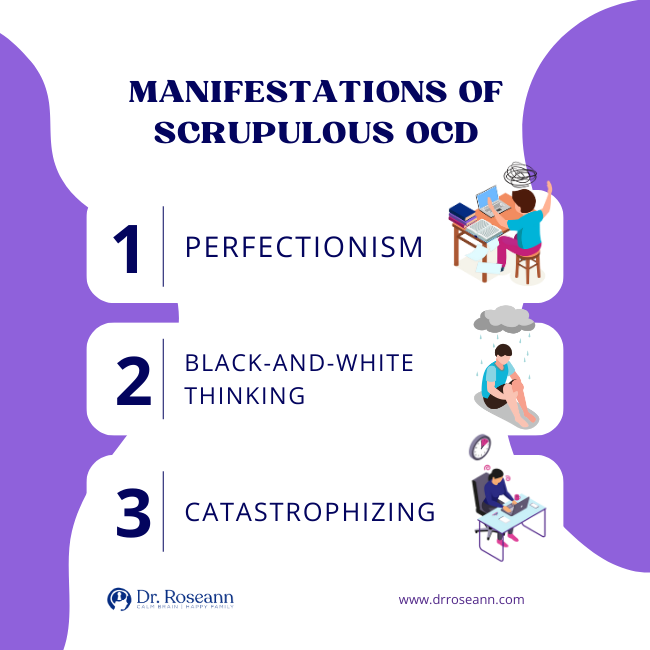
The fear of committing religious sins is a prominent aspect of Scrupulosity OCD. Individuals grappling with this mental health condition experience obsessive thoughts that cause significant distress are deeply entwined with religious themes.
Such fear can extend beyond the individual's control, impacting various facets of their life, including their ability to engage in religious practices without overwhelming anxiety.
Perfectionism
Perfectionism is the tendency to want everything to be flawless and just right. Individuals dealing with Scrupulosity OCD might feel the need to be perfect in their moral beliefs and actions, thinking that any mistake, no matter how small, is a big problem.
Perfectionism can be like an invisible pressure, making them believe that they should always do things perfectly, whether it's praying, following religious rituals, or behaving in a way they think is morally right.
For example, someone with Scrupulosity OCD might believe that if they don't say their prayers exactly right or if they have a tiny lapse in their moral judgment, something terrible will happen. This mindset can create a constant sense of stress and worry because the fear of making a mistake feels overwhelming.
Black-and-White Thinking
Black-and-white thinking means looking at things in an extreme way, with no middle ground. It’s as if everything was either super awesome or totally terrible, and there was no in-between. If someone has Scrupulosity OCD, they might see things as either completely good or totally bad, especially when it comes to moral or religious stuff.
It's either perfect or a big mistake. This way of thinking can make them super anxious, especially because they might feel like even a tiny mistake means they did something wrong.
For example, they did something good, like helping a friend. With black-and-white thinking, they might see it as “I'm a total hero!” But if they make a little mistake, they could feel like, “I'm a total failure!” This kind of thinking can make them worry a lot and feel like they have to be perfect all the time.
Catastrophizing
Catastrophizing is a way of thinking that often shows up in Scrupulosity OCD. It's like imagining the worst possible outcome in a situation, even if it's not very likely. Religious people dealing with this subtype of OCD might have a habit of thinking that if something goes a little wrong, it's going to be a huge disaster. This kind of thinking can make them feel scared and anxious about making mistakes, especially regarding religious services or moral things.
Let’s say one accidentally forgot to say a prayer before bedtime. Catastrophizing might make someone with moral OCD think, “Oh no, because I forgot that prayer, something really bad is going to happen now.” It's like turning a small hiccup into a giant scary event in their minds. This way of thinking can make them feel like they're always on high alert, worried that the worst-case scenario is just around the corner.
Treatment Options for Religious OCD Triggers
To help your kid, the BrainBehaviorResetTM Program is a tailored approach that integrates cutting-edge insights from neuroscience, cognitive behavior therapy, and behavioral interventions to reset maladaptive patterns in the brain and behavior.
It combines therapeutic techniques that target obsessive thoughts, such as neurofeedback, PEMF therapy, Exposure and Response Prevention therapy, and magnesium supplements with strategies promoting cognitive flexibility and mindfulness. This program is a good first-line treatment to address the common symptoms of scrupulosity in kids and young adults.
The program aims to reset neural pathways associated with intrusive fears and behavioral compulsions related to moral values. Take the first step toward this holistic approach, children and teens with severe OCD can rewire their brains and cultivate healthier behavioral responses, fostering a transformative journey toward recovery and improved mental well-being.
Parent Action Steps
☐ Learn more about OCD by listening to my It’s Gonna Be OK! Podcast and the OCD series.
☐ Create a home with family members that understands and reassures.
☐ Demonstrate a healthy approach to imperfections.
☐ Connect with a therapist specializing in creating an OCD treatment plan.
☐ Do the right thing and join the Natural Parenting Solutions support group.
☐ Take the OCD Quiz to know the best treatment options for your child.
☐ Use the Solutions Matcher for a personalized treatment from OCD specialists.
Citations
Bluett, E. J., Homan, K. J., Morrison, K. L., Levin, M. E., & Twohig, M. P. (2014). Acceptance and commitment therapy for anxiety and OCD spectrum disorders: An empirical review. Journal of Anxiety Disorders, 28(6), 612–624. https://doi.org/10.1016/j.janxdis.2014.06.008
Greenberg, D., & Huppert, J. D. (2010). Scrupulosity: A Unique Subtype of Obsessive-Compulsive Disorder. Current Psychiatry Reports, 12(4), 282–289. https://doi.org/10.1007/s11920-010-0127-5
Lindsay, M., Crino, R., & Andrews, G. (1997). Controlled trial of exposure and response prevention in obsessive–compulsive disorder. British Journal of Psychiatry, 171(2), 135–139. https://doi.org/10.1192/bjp.171.2.135
Dr. Roseann is a mental health expert who frequently is in the media:
- Insider: What is OCD?
- Single Care Controlling the uncontrollable: Living with OCD during a pandemic
- MomsCove How to Help a Child with Anxiety and OCD
- Holistic Counseling Podcast: Effective Treatments for OCD
- Epidemic Answers: Neurofeedback for ADHD, anxiety, OCD and mood
- BCIA: Calming the OCD Brain with Neurofeedback and ERP Therapy
- Hope for Anxiety and OCD: Sudden Onset OCD
- Integrative Practitioner: Integrative Approaches to Treating OCD
- HappiHuman: Is it an Eating Disorder or OCD
Are you looking for SOLUTIONS for your struggling child or teen?
Dr. Roseann and her team are all about science-backed solutions, so you are in the right place!
Grab your complimentary copy of
147 Therapist-Endorsed Self-Regulation Strategies for Children: A Practical Guide for Parents
You can get her books for parents and professionals, including: It’s Gonna Be OK™: Proven Ways to Improve Your Child’s Mental Health, Teletherapy Toolkit™ and Brain Under Attack: A Resource For Parents and Caregivers of Children With PANS, PANDAS, and Autoimmune Encephalopathy.
If you are a business or organization that needs proactive guidance to support employee mental health or an organization looking for a brand representative, check out Dr. Roseann’s professional speaking page to see how we can work together.
Dr. Roseann is a Children’s Mental Health Expert and Licensed Therapist who has been featured in/on hundreds of media outlets including The Mel Robbins Show, CBS, NBC, PIX11 NYC, Today, FORBES, CNN, The New York Times, The Washington Post, Business Insider, Women’s Day, Healthline, CNET, Parade Magazine and PARENTS. FORBES called her, “A thought leader in children’s mental health.”

She coined the terms, “Re-entry panic syndrome” and “eco-anxiety” and is a frequent contributor to media on mental health.
Dr. Roseann Capanna-Hodge has three decades of experience in working with children, teens and their families with attention-deficit hyperactivity disorder (ADHD), autism, concussion, dyslexia and learning disability, anxiety, Obsessive Compulsive Disorder (OCD), depression and mood disorder, Lyme Disease, and PANS/PANDAS using science-backed natural mental health solutions such as supplements, magnesium, nutrition, QEEG Brain maps, neurofeedback, PEMF, psychotherapy and other non-medication approaches.
She is the author of three bestselling books, It’s Gonna Be OK!: Proven Ways to Improve Your Child's Mental Health, The Teletherapy Toolkit, and Brain Under Attack. Dr. Roseann is known for offering a message of hope through science-endorsed methods that promote a calm brain.
Her trademarked BrainBehaviorResetⓇ Program and It’s Gonna be OK!Ⓡ Podcast has been a cornerstone for thousands of parents facing mental health, behavioral or neurodevelopmental challenges.
She is the founder and director of The Global Institute of Children’s Mental Health, Neurotastic™Brain Formulas and Dr. Roseann Capanna-Hodge, LLC. Dr. Roseann is a Board Certified Neurofeedback (BCN) Practitioner, a Board Member of the Northeast Region Biofeedback Society (NRBS), Certified Integrative Mental Health Professional (CIMHP) and an Amen Clinic Certified Brain Health Coach. She is also a member of The International Lyme Disease and Associated Disease Society (ILADS), The American Psychological Association (APA), Anxiety and Depression Association of America (ADAA) National Association of School Psychologists (NASP), International OCD Foundation (IOCDF).
© Roseann-Capanna-Hodge, LLC 2023

